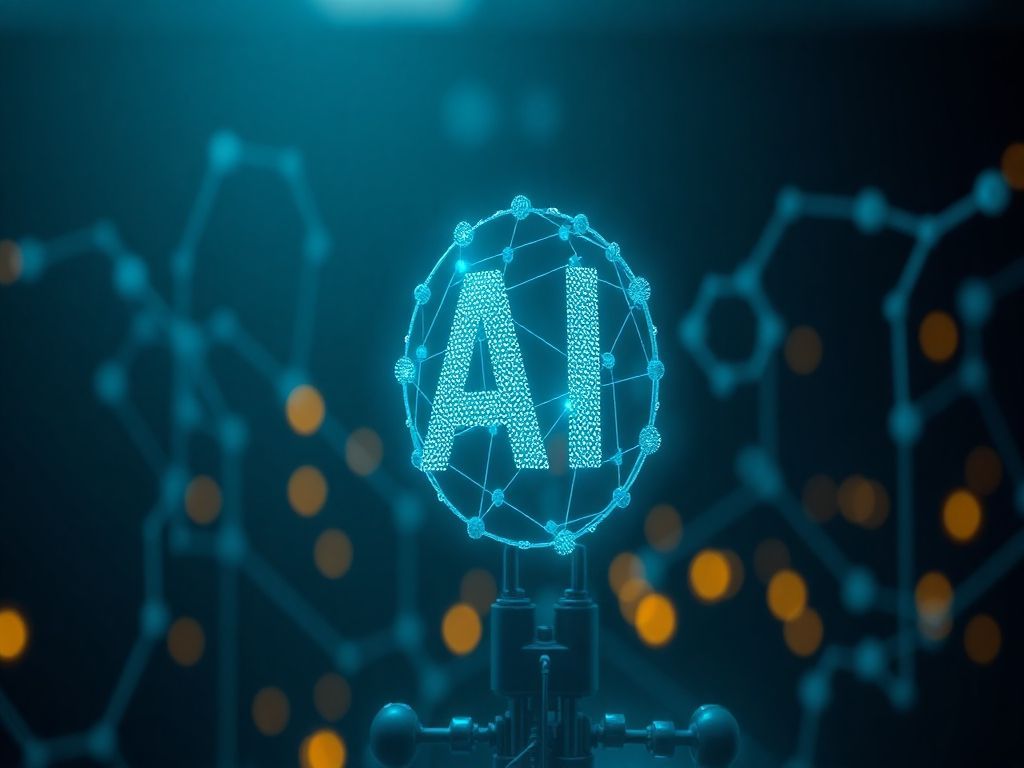Understanding AI Development
AI Development refers to the process of creating and enhancing artificial intelligence systems, enabling machines to perform tasks that typically require human intelligence. This encompasses a wide range of activities, including programming algorithms, training machine learning models, and integrating AI into applications.
The Importance of AI Development
As technology advances, the demand for AI solutions continues to grow across various industries. From healthcare to finance, AI Development plays a crucial role in improving efficiency, reducing costs, and enhancing decision-making processes. Understanding this field is vital for professionals in information technology, especially for programmers and web developers.
Key Components of AI Development
- Machine Learning: A subset of AI where systems learn from data to make predictions or decisions. For example, recommendation systems on platforms like Netflix analyze user behavior to suggest content.
- Natural Language Processing (NLP): This enables machines to understand and interpret human language. Chatbots, like those used in customer service, rely heavily on NLP to interact with users.
- Computer Vision: This technology allows machines to interpret visual data. Applications range from facial recognition in security systems to image analysis in medical diagnostics.
- Robotics: Integrating AI with robotics leads to advancements in automation. For instance, self-driving cars utilize AI to navigate and make real-time decisions.
Applications of AI Development in Real Life
AI Development has numerous practical applications that can be observed in various sectors:
- Healthcare: AI is used for predictive analytics to improve patient outcomes and operational efficiency. For example, AI algorithms analyze patient data to predict disease outbreaks.
- Finance: In the banking sector, AI detects fraudulent transactions by analyzing patterns in spending behavior.
- Retail: AI-powered inventory management systems forecast demand, ensuring optimal stock levels and reducing waste.
- Manufacturing: AI enhances production lines through predictive maintenance, minimizing downtime and improving productivity.
How to Get Started with AI Development
For those interested in diving into AI Development, here are some actionable steps:
- Learn Programming Languages: Proficiency in languages like Python or R is essential, as they are widely used in AI.
- Understand Data Science: Familiarize yourself with data analysis and statistics to effectively work with datasets.
- Explore Machine Learning Frameworks: Frameworks such as TensorFlow and PyTorch are crucial for developing AI models.
- Participate in Online Courses: Many platforms offer courses in AI and machine learning, helping to build foundational knowledge.
Related Concepts in AI Development
AI Development is interconnected with several other fields in technology. Here are a few notable examples:
- Big Data: The vast amounts of data generated today are essential for training AI models.
- Cloud Computing: Many AI applications run on cloud services, providing the necessary computational power and scalability.
- Internet of Things (IoT): AI enhances IoT devices by enabling them to learn and adapt to user preferences.
Conclusion: The Future of AI Development
AI Development is not just a trend; it is shaping the future of technology. By understanding its principles and applications, professionals can leverage AI to create innovative solutions that address real-world challenges. Whether you are a programmer or a web developer, engaging with AI Development can open up new opportunities and drive the evolution of technology.
Reflect and Apply
Consider how you can integrate AI Development into your current projects or career path. What tools can you explore? How can AI improve your workflow? Take the first step today towards enhancing your skills in this transformative field.









